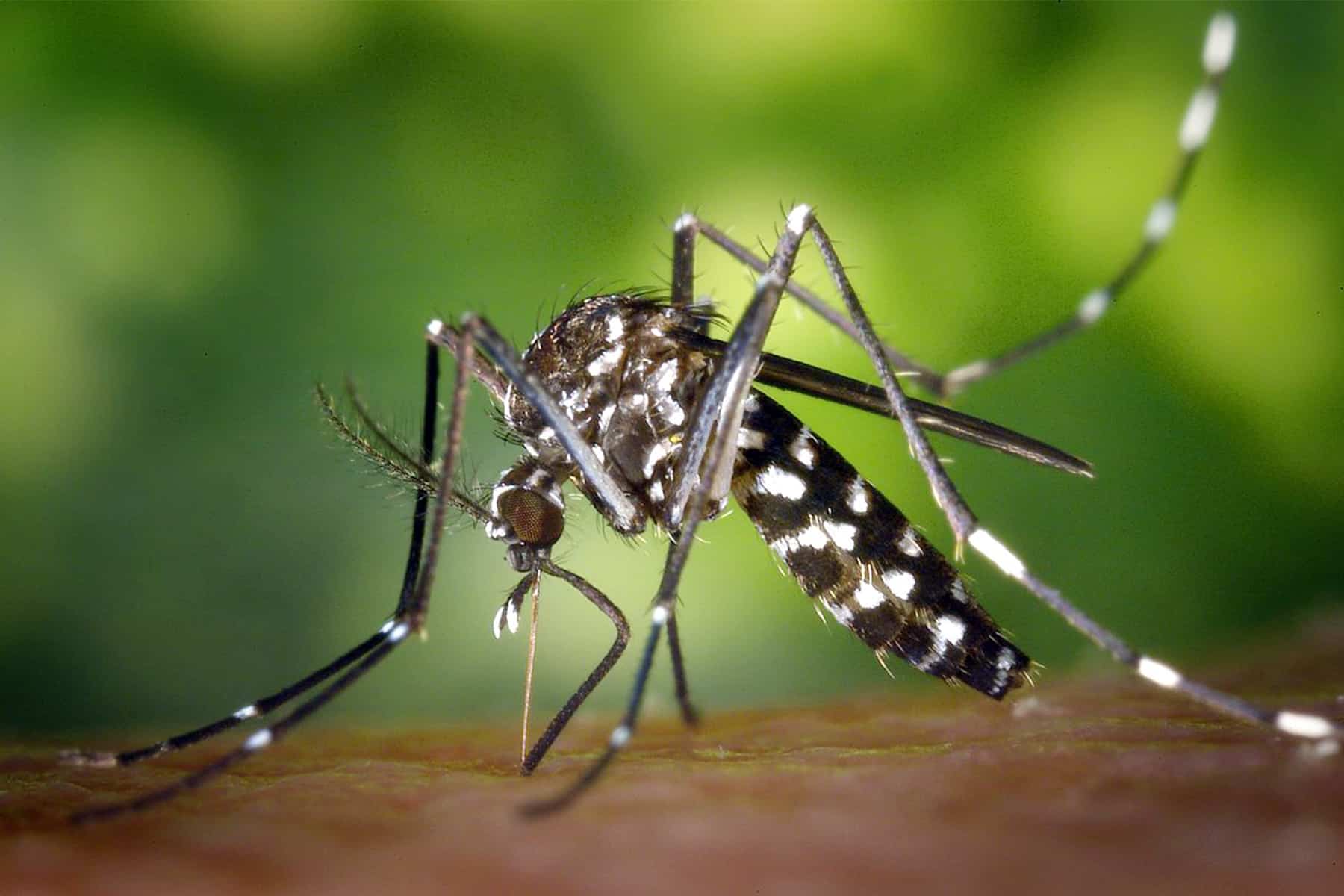Health Ministry officials this week reported that so far this year a total of 142 people have contracted the chikungunya virus in Costa Rica, among them the first confirmed cases this year of people infected in the central Pacific cantons of Garabito and Jacó.
The first cases of chikungunya in the country were diagnosed in late July 2014 and health officials have since registered a total of 748 cases in all seven provinces.
People who were diagnosed this week did not show any serious conditions although they required medical attention as they had severe joint pains, one of the main symptoms of the disease.
The ministry’s director of health surveillance, Roberto Castro, said that earlier this week officials had also received confirmation of the first case this year of the disease in central Limón, in Costa Rica’s Caribbean region.
Castro noted that current efforts are insufficient to eliminate breeding sites of Aedes aegypti and Aedes albopictus mosquitoes, which act as the virus’s carriers.
“We urge people to step up their efforts and to do a more effective job at eliminating any object that can collect stagnant water. If we keep registering new virus outbreaks it’s because something is not being done right. We are taking all necessary measures, but the population should remain vigilant as well,” Castro said.
Dengue figures down
Health officials also reported that so far this year 2,313 people have been infected with the dengue virus, accounting for 45.7 percent fewer cases than those reported at the same time last year.
Castro said that a comparison of figures from 2014 shows cases only increased in two regions: Chorotega (Guanacaste province) and in the eastern-central region, made up of cantons in San José and Cartago.
He also noted that in spite of the decrease in dengue cases, the population must continue exercising measures to prevent the spread of both mosquito-borne diseases. There’s usually a spike in mosquitoes during the rainy season, which runs May through November in Costa Rica.
Last month the Pan American Health Organization issued an epidemiological alert on the potential spread on the continent of the mosquito-borne viral disease zika, which is similar to dengue and chikungunya, but with milder symptoms.






